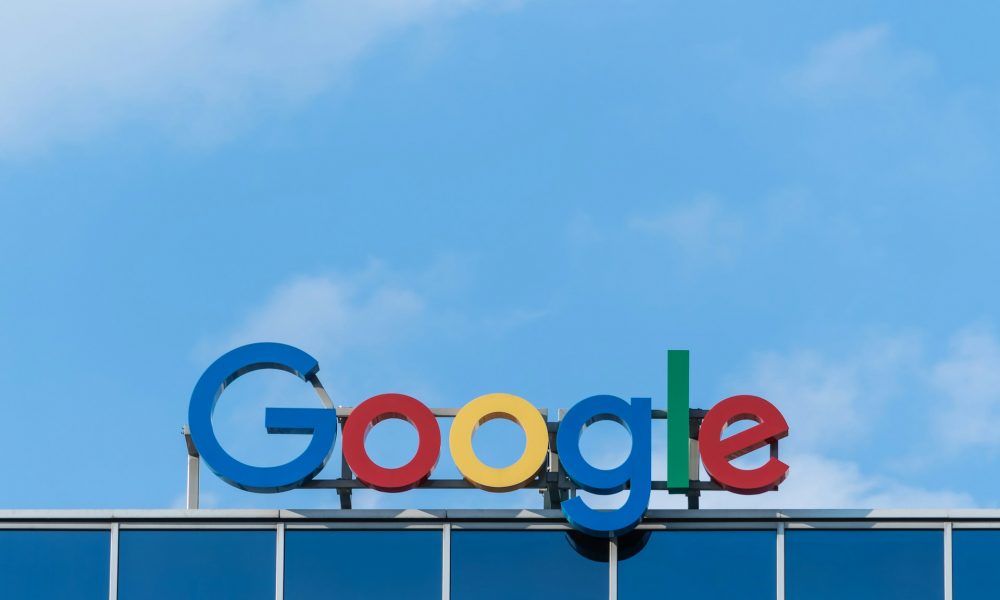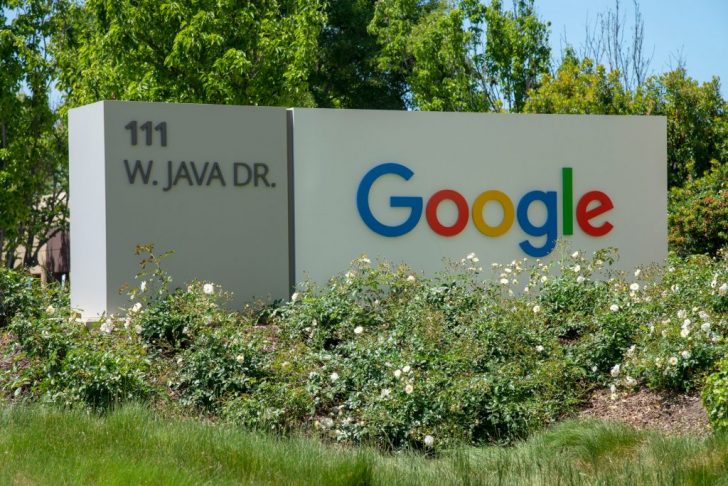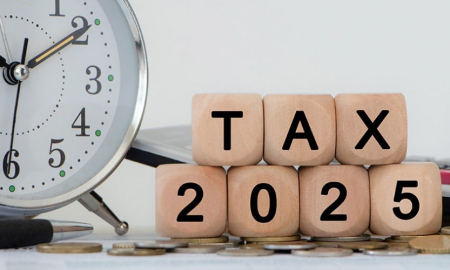
Google’s Antitrust Trial Over ‘Ad Monopoly’ Nears Critical Verdict

Google’s trial has captured headlines as it reaches its dramatic conclusion. The U.S. Justice Department (DOJ) argues that Google’s dominance in online advertising is not just powerful. It is illegal. After weeks of testimony, the DOJ made the case that Google rigged the game, ensuring its own ad platforms flourished while competitors floundered.
But is this an airtight case, or is the tech giant too big to bring down?
The DOJ says Google used anti-competitive tactics to corner markets for ad servers, ad networks, and exchanges, forcing publishers and advertisers into its ecosystem.
The Google Trial
At the heart of Google’s trial lies a stark accusation: Google monopolized the ad tech market by manipulating the rules to its advantage. DOJ lawyer Aaron Teitelbaum didn’t mince words, asserting that Google is “once, twice, three times a monopolist.” He urged the court to hold the company accountable, alleging that its actions crushed competition and left publishers with no alternatives.

Greg / Unsplash / Google insists that its success is not illegal but a result of superior products and ‘efficiency.’
Publishers testified that switching away from Google’s ad services would have been financial suicide. News Corp, for instance, estimated it would lose $9 million in ad revenue in a single year without Google’s ad network. These testimonies paint a bleak picture of an industry trapped by Google’s monopoly.
What Is Google’s Defense?
Google’s legal team pushed back hard against the DOJ’s claims. Karen Dunn, Google’s lead lawyer, argued that the government was cherry-picking facts and ignoring the bigger picture. She said the tech giant’s business decisions were legitimate and the online ad market remains highly competitive.
Dunn emphasized that advertisers and publishers benefit from Google’s innovation and scale. According to her, the DOJ’s case relies on outdated legal theories that don’t reflect how today’s digital markets work.
A ‘Dickensian’ Decision in the Making?
Julia Tarver Wood of the DOJ compared the case to “A Tale of Two Cities,” presenting Judge Brinkema with a choice: accept the DOJ’s view of a rigged market or side with Google’s narrative of healthy competition. This literary allusion underscores the dramatic weight of the decision.
If Brinkema rules against Google, it could mean major changes for the tech giant. Prosecutors want Google to sell off parts of its ad empire, such as Google Ad Manager, to level the playing field. This could reshape the online ad market in ways not seen since the dawn of digital advertising.

Caio / Pexels / While Google’s search monopoly trial looms larger financially, the ad tech case is a critical test of regulators’ ability to rein in Big Tech.
Its Impacts in Europe and Beyond
Google’s trial in the U.S. mirrors its legal battles overseas. Earlier this year, Google offered to sell its ad exchange to end an antitrust probe by the European Union. European publishers rejected the deal, calling it insufficient to address Google’s grip on the market. This parallel highlights the global scrutiny Google faces over its ad tech practices.
The outcomes in both cases could redefine the boundaries of competition in digital markets worldwide.
What’s Next for Google?
The stakes for Google extend far beyond this trial. A loss could lead to forced divestitures, potentially unraveling its advertising empire. Even if the company prevails, the trial has shone a harsh spotlight on its business practices, possibly spurring new regulations.
Alphabet, Google’s parent company, has seen its stock rise slightly during the trial, suggesting investors are confident in its defense. However, the tech giant remains under immense pressure to prove that its market dominance is not monopolistic but simply a reflection of its competitive edge.
More in Business
-
`
Are You Ready for the 2025 Tax Brackets?
With the IRS’s recent update to the 2025 tax brackets, understanding how these adjustments impact you is more important than ever....
November 21, 2024 -
`
What Does the Autumn UK Budget Mean for the Bond Market Market?
The Autumn UK budget and the bond market are two areas intertwined with high stakes for the economy. This year, Chancellor...
November 13, 2024 -
`
Is Bruce Springsteen a Billionaire? Here’s Why He Rejects the Label
Bruce Springsteen’s billionaire claims have recently gained attention, with Forbes announcing his induction into the billionaire club in July 2024. Forbes...
November 7, 2024 -
`
“Black Panther” Star Letitia Wright Wows in ‘Chic’ Mini-Prada Dress at the Blacklisted Dinner
Letitia Wright stunned fashion lovers once again when she attended The Blacklisted Dinner in October 2024 in London. The prestigious event,...
October 29, 2024 -
`
How Will the Business Ownership Information Report Affect Business Operations?
Recently, a significant change has emerged for businesses in the U.S. The Financial Crimes Enforcement Network (FinCEN) has introduced the Business...
October 23, 2024 -
`
Tajikistan’s ‘Strategic Tourism Investment’ Make It One of the Go-to Destinations For Tourists
Strategic tourism is emerging as a powerful force in Tajikistan, driving economic transformation with remarkable potential. With its dramatic landscapes, rich...
October 18, 2024 -
`
Why a Higher Corporate Tax Rate Will Hurt American Consumers and Businesses
The corporate tax rate is a critical factor in the health of the American economy. It influences everything from job creation...
October 9, 2024 -
`
Music Mogul Selena Gomez’s Best Life Lessons for YOU
Don’t Talk About Yourself – Talk About the People You Love One of Selena Gomez’s life hacks is to shift the...
October 1, 2024 -
`
How Small & Medium-Sized Businesses Can Use AI to Grow Exponentially
Artificial Intelligence (AI) is not just for large enterprises. In fact, AI for SMBs is quickly becoming a game-changer, helping small...
September 25, 2024















You must be logged in to post a comment Login